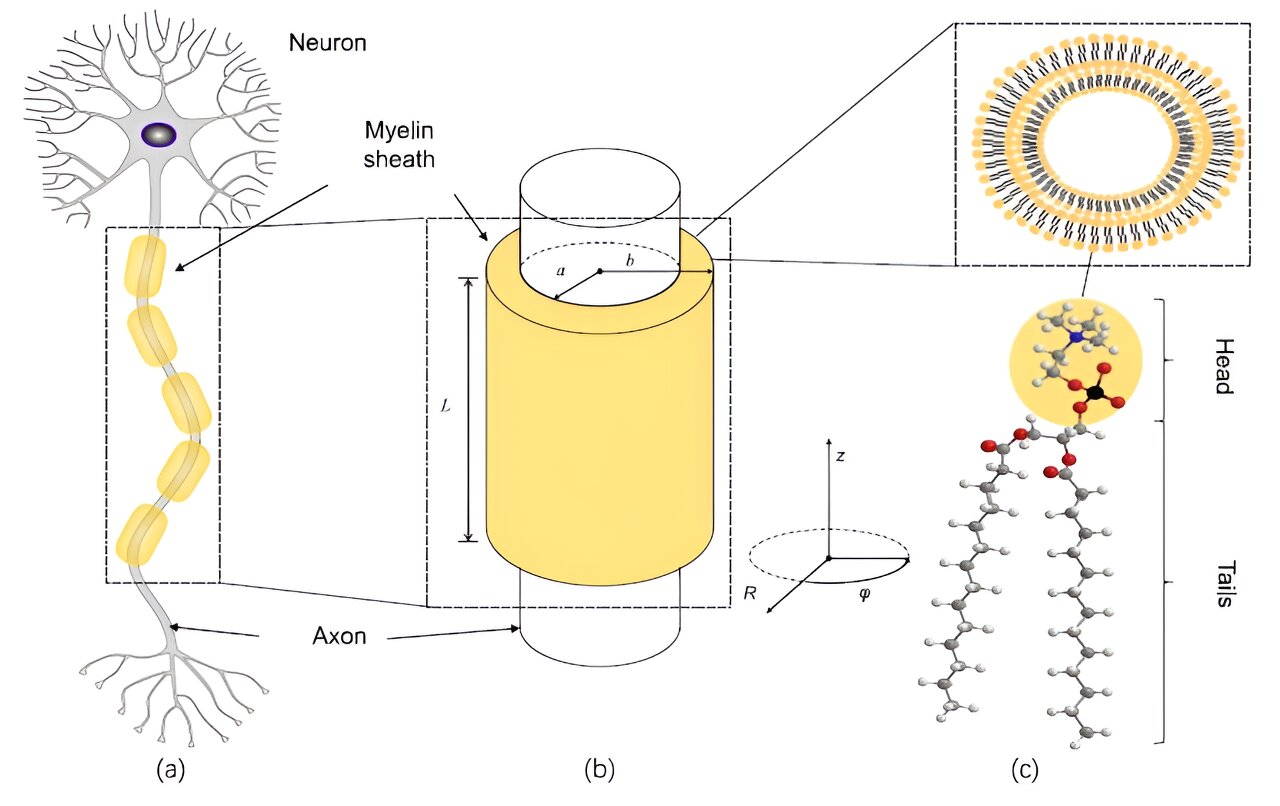- cross-posted to:
- science
- [email protected]
- cross-posted to:
- science
- [email protected]
Understanding the nature of consciousness is one of the hardest problems in science. Some scientists have suggested that quantum mechanics, and in particular quantum entanglement, is the key to unraveling the phenomenon.
The brain communicates within itself by firing electrical signals called synapses between neurons, which are the main components of nervous tissue. It is the synchronized activity of millions of neurons that consciousness (among other brain business) relies on. But the way this precise synchronization takes place is unknown.
Entanglement means the two-photon state is not a classical combination of two photon states. Instead, measuring or interacting with one of the photons instantly affects the same property of the second photon, no matter how far away it is.
Entanglement has been demonstrated for a system whose members are over 1,000 km apart. Nothing like it exists in classical physics; it is purely a quantum phenomenon. Here entanglement would raise the possibility of much faster signaling along the sections of myelin that encase segments of the axon’s length.
One possibility, the authors write, is that the entanglement of photons could transform into entanglement along potassium ion channels in the neuron. If so, the opening and closing of one channel may affect the performance of another somewhere else.



“It could explain the rapid communication between neurons,”
Fail. Quantum entanglement does not allow FTL communication. The author didn’t even read the Wikipedia article about quantum entanglement before writing the article.
Furthermore, even if quantum processes are involved, they are unrelated to the problem of consciousness. Because the mechanics of computation isn’t the problem. For example electricity is also part of neuron operations. But no one would say, “electricity is the key to understanding consciousness”.
You shush with your logic and realism, we’re trying to have a feelgood woowoo moment over here!
Which is a joke, obviously.
However, it’s also a fun idea to play with, that consciousness in humans is a byproduct of fundamental particles interacting with each other in complex ways. So, expect a nice fiction book or movie based on that in a few years
Well yeah, but, “Scientists believe consciousness is related to chemical reactions in the brain.” doesn’t sell ads.